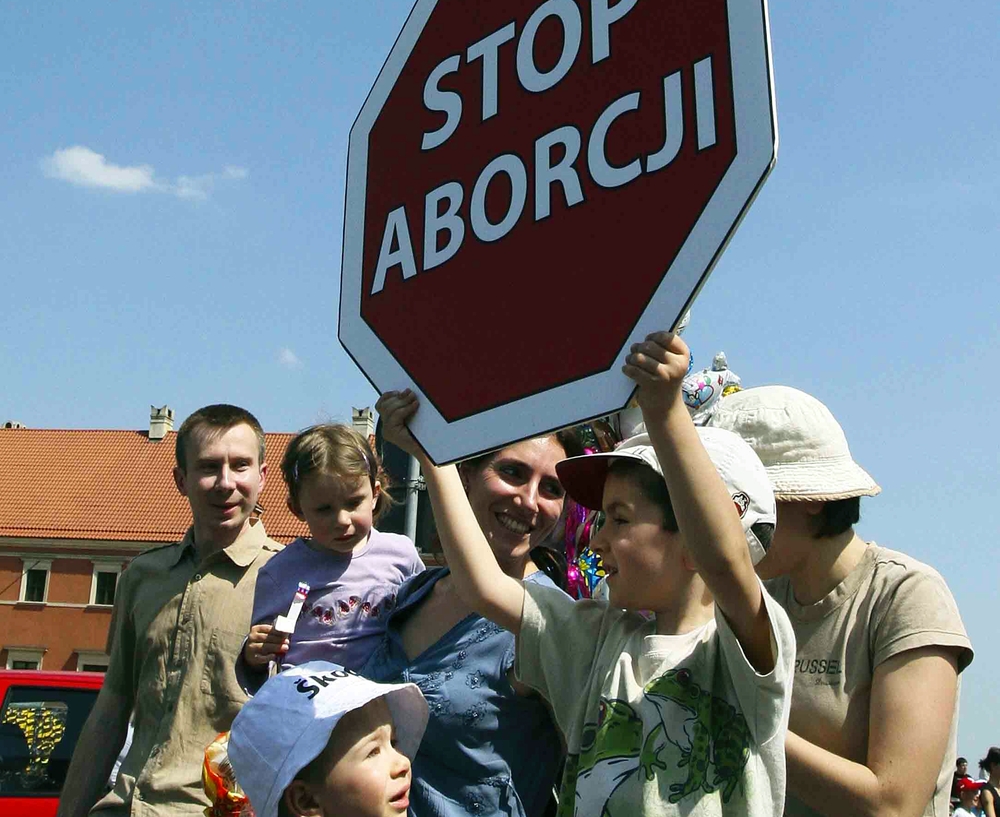Donald Tusk, the leader of Poland’s liberal opposition party, Civic Platform (PO), announced in August that his party would back the introduction of abortion on demand in the next parliament and oblige all of its MPs to vote for it regardless of their personal views; he also said no opponents of abortion would be allowed to stand for parliament for the party. In 2020, Poland saw the tightening of abortion regulations in the country as a result of the constitutional court ruling that eugenic abortions (i.e., terminations of pregnancy when a fetus is diagnosed as being in some way deformed) were incompatible with the right to life enshrined in the constitution.
The head of the Polish Episcopate, Archbishop Stanisław Gądecki, appealed to the opposition to draw back from their stance. “Abortion is not a human right,” he said.
Gądecki stated that support for abortion on demand shows a lack of knowledge. “Medicine tells us when life begins and how it develops. So we don’t need the teachings of the Church, medical knowledge will suffice.” A child in the mother’s womb is a human being, he maintained.
The head of Poland’s Episcopate believes that “it is highly inhuman“ to reduce abortion merely to the question of a woman’s freedom. “Whether we like it or not, this is always a decision about another human being and not just the mother. We have to respect the mother, but we must also respect the unborn child,” he said.
This is why Gądecki is adamant that abortion cannot be defined as a human right, and describing it in such a way is in essence “to support Nazi laws which followed that same logic,” he concludes.






